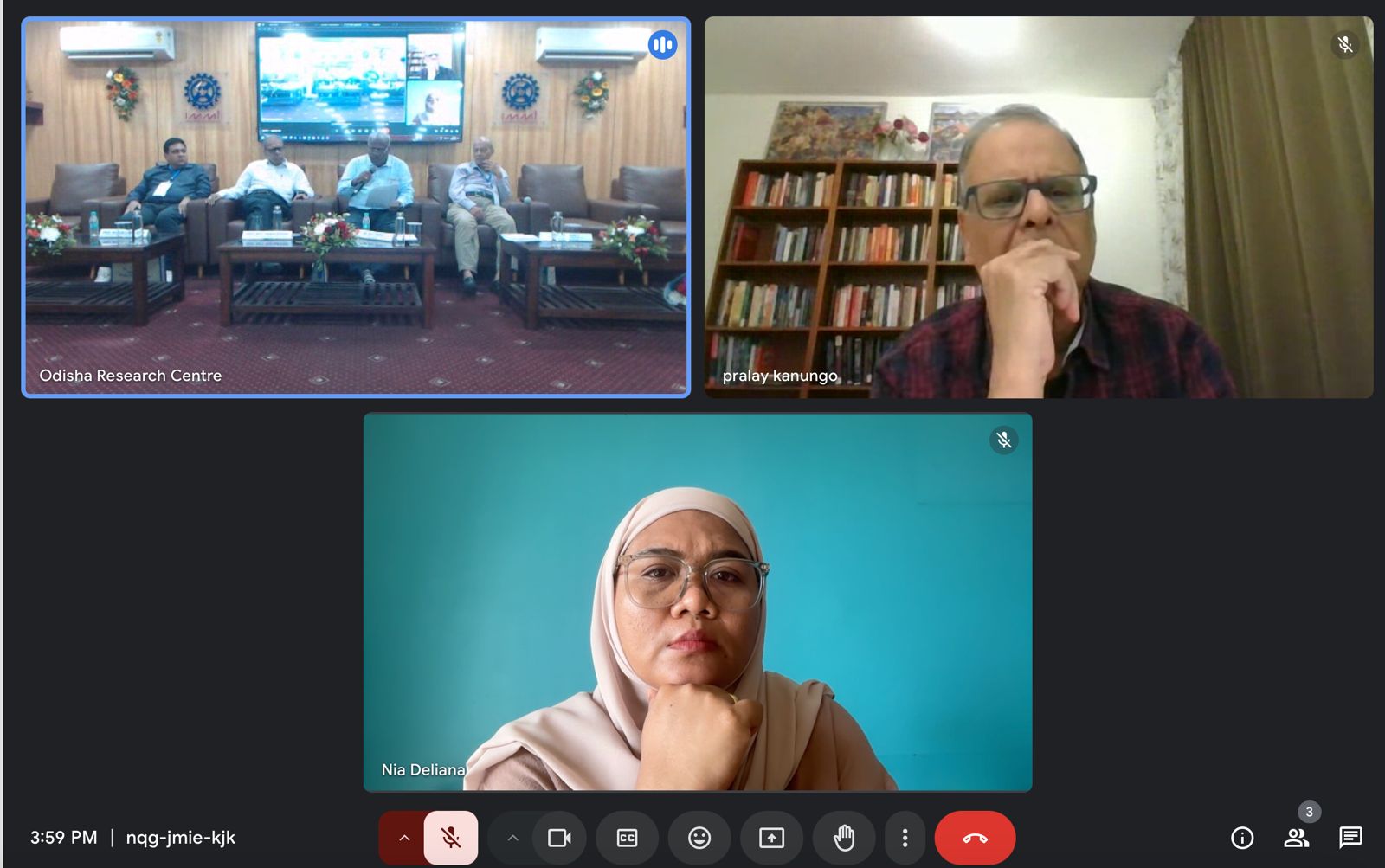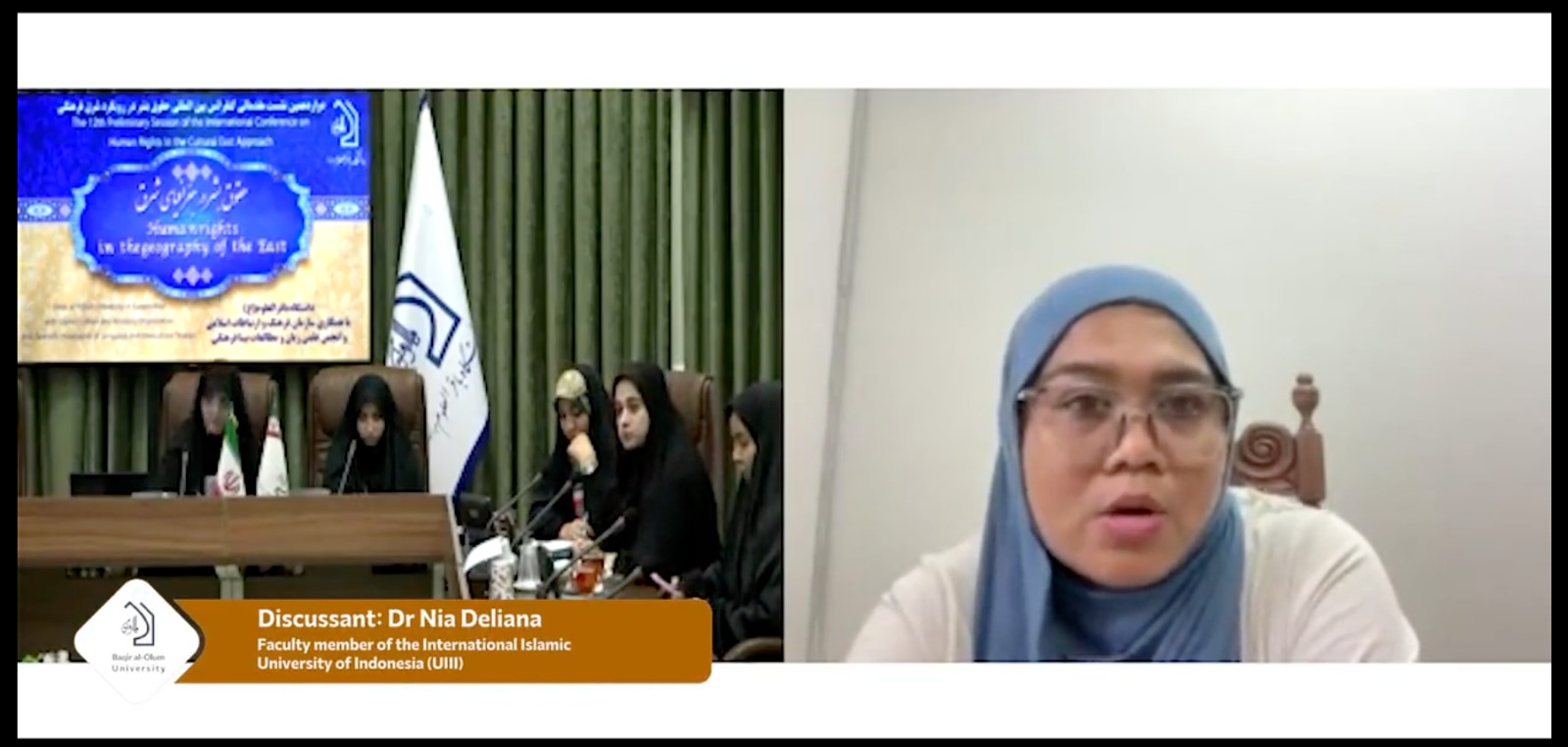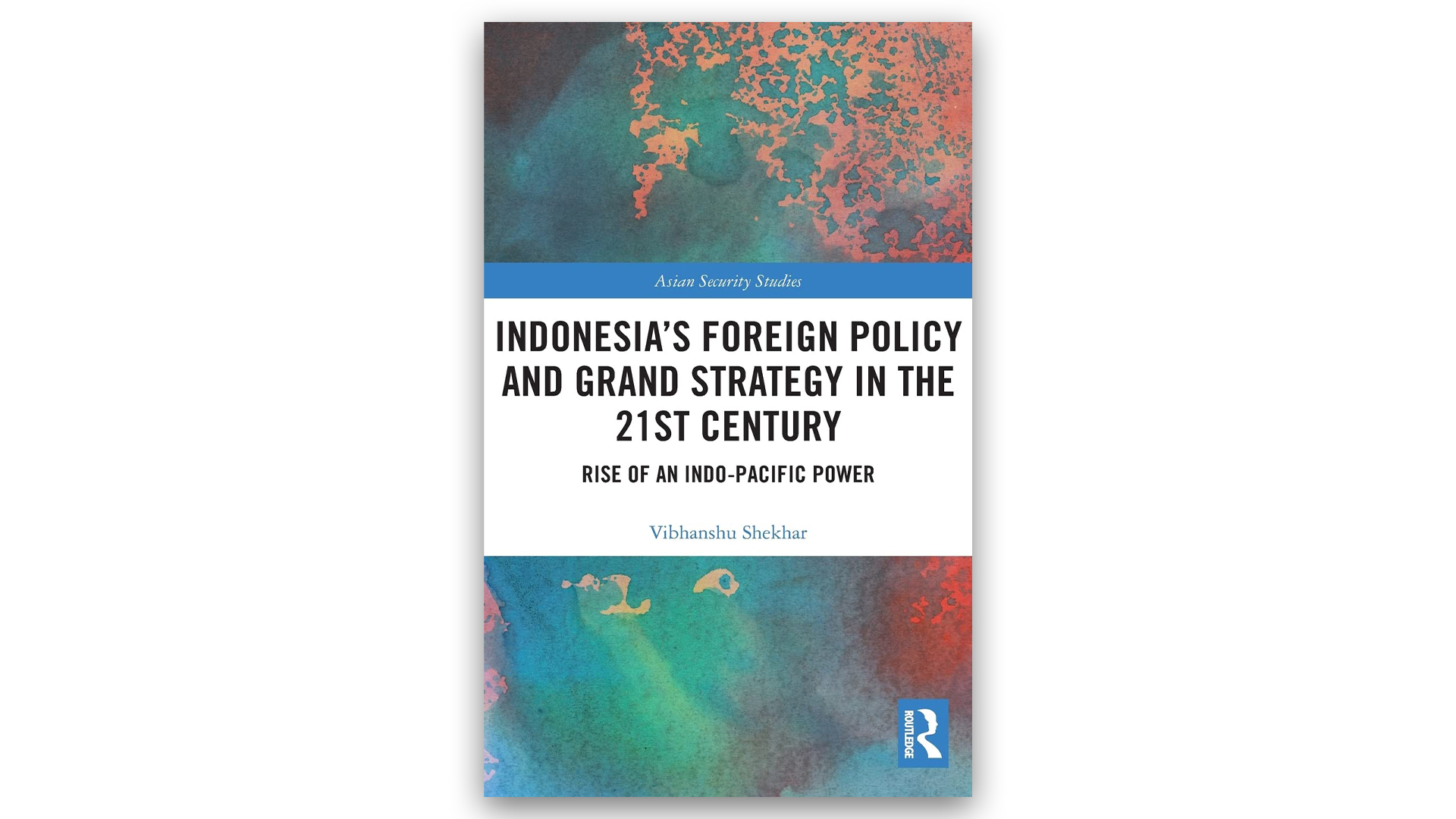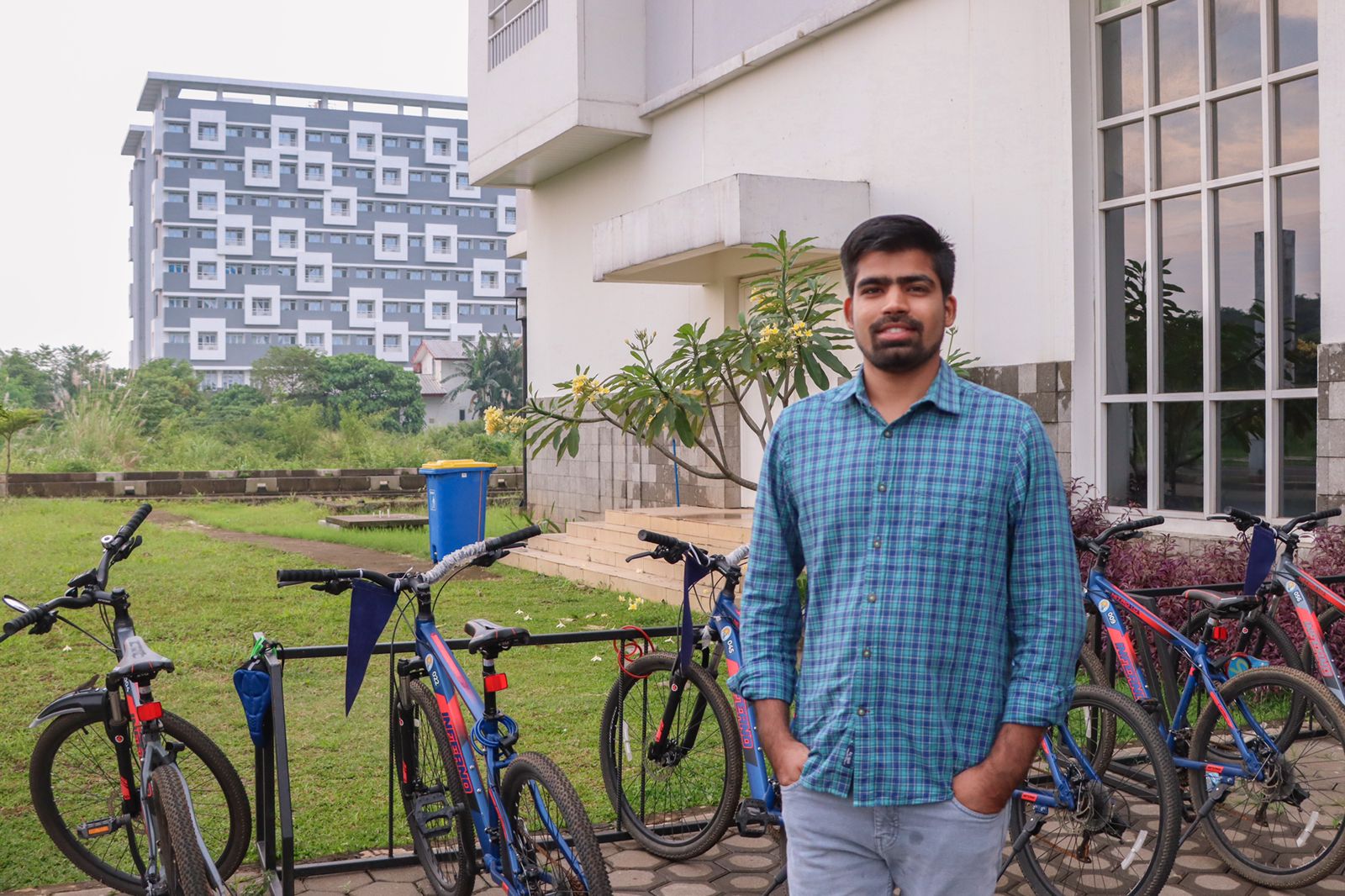Dr. Nia Deliana Navigates India-Indonesia Maritime Softpower at Odisha Research Workshop
April 17, 2025Cobtributor: Supriyono | Editor: Dadi Darmadi | Photo: Nia Deliana

In a prestigious gathering of scholars and researchers at the Odisha Research Centre (ORC), Dr. Nia Deliana, a lecturer from the Faculty of Social Sciences at Universitas Islam Internasional Indonesia (UIII), emerged as one of the honored speakers during the two-day international workshop themed “Sailing Through Times: Odisha’s Maritime Heritage and Blue Economy Futures.” The event took place on March 29–30, 2025, at the capital of India’s Odisha State, Bhubaneswar.
Delivered virtually, Dr. Deliana’s presentation was entitled “Rediscovering Maritime Connections Between Kalinga, the Coromandel and Indonesian Archipelago.” Her work delved into the historical maritime connections between India and Indonesia, specifically Odisha region, the Coromandel Coast, and the Indo-Malay islands. It focuses on the role of Kelings—South Indians who traveled to Southeast Asia—in shaping a multicentric and non-hegemonic global order in the Indian Ocean.
Drawing upon archival research on over 52 classical Malay literary sources from the 14th to 20th centuries, Dr. Deliana used textual analysis and process tracing methods to explore how the Indo-Malay maritime corridor once served as a dynamic space of global interaction. She emphasized that maritime heritage is more than trade, it is also about the entangled histories of people, languages, and identities that continue to shape regional dynamics today.
“By tracing the movements of merchants, political actors, and communities, we have seen how maritime networks facilitated cultural exchanges, economic interactions, and diplomatic relations across vast oceanic spaces,” Dr. Deliana explained. “The Kelings’ maritime mobility contributed to a decentralized, interconnected world order, where no single power dominated trade and diplomacy.”
Dr. Deliana’s analysis also highlighted the centrality of Odisha, Madras, and the Coromandel Coast in the historical spice trade and maritime diplomacy with Southeast Asia. “Understanding these historical patterns,” she noted, “not only enriches our knowledge of past global interactions but also informs contemporary geopolitical and economic engagements in the region.”
The Odisha Research Centre (ORC) was established in late 2023 as a strategic national initiative under the Indian Council of Social Science Research (ICSSR) and the Indian Knowledge Systems Division of the Ministry of Education, partnered with leading institutions including IIM Sambalpur, IIT Kharagpur, and IIT Bhubaneswar. Its mission is to create new epistemological frameworks for understanding Odisha’s vast and layered cultural legacy—including its maritime history.
The workshop held by ORC brought together experts in political science and maritime studies to reimagine the future of blue economy policies while grounding them in centuries of maritime legacies. Dr. Deliana’s contributions added a vital Southeast Asian perspective to this growing body of scholarship, reinforcing UIII’s global academic presence and commitment to transregional research.
- UIII Extends Application Deadline for 2025 International Admissions
- UIII Embraces a Green Ramadan: A Month of Worship and Sustainability
- UIII Evaluates Quality Assurance System, Plans For New Study Programs
- Lost at Sea: UIII’s Dr. Nia Deliana Reveals the Silent Crisis of Sea Refugees
- The Qur’an in a Changing World: Prof. Sahiron Syamsuddin’s Visionary Lecture at UIII
- A Shared Mission of UIII and ICRC in Advocating International Humanitarian Law
- Hartford International University for Religion and Peace Signs MOU with UIII for Future Academic Partnership
- Professor Dian Masyita Honored as a Changemaker in Empowering Communities
- Bridging the Archipelago and the Nile
- Upcoming International Conference: Faith, Science, and the Future of Environmental Action


